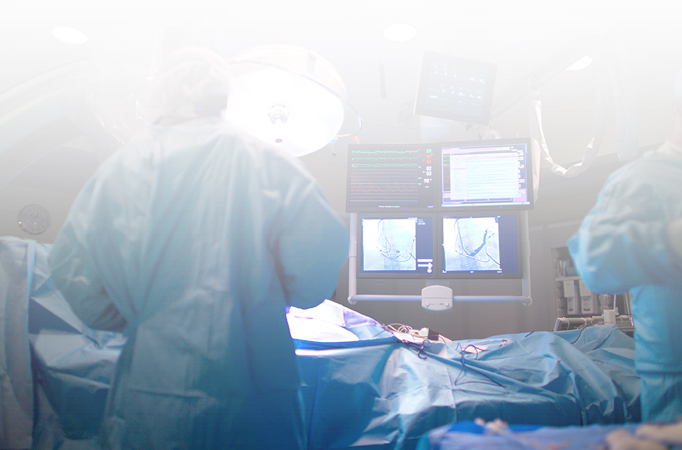Cervical Surgery...
Cervical Surgery
Treatment of Cervical intra-epithelial neoplasia (CIN). Many people think that treatment for CIN involves LASER. In fact LASER is used little nowadays and has been superseded by more modern techniques such as diathermy excision. This is sometimes called LLETZ (Large Loop Excision of the Transformation Zone) or LEEP (Loop Electrical Excision Procedure).
Other methods also exist such as something called Cold Coagulation, however this information concentrates on LLETZ which is the most common method of treatment. This usually occurs in the outpatient clinic. Occasionally, women who find the colposcopy examination particularly uncomfortable and other women with pre-existing conditions need treatment under general anaesthetic.
What happens during treatment?
A colposcopy examination is performed in the same manner it was previously. Once the gynaecologist has decided which area of the cervix should be removed, local anaesthetic is injected. This is very fast acting and sometimes makes you feel a little light headed. If LLETZ is used a suction device is then turned on and treatment is performed. The whole procedure usually takes less than 15 minutes.
Follow-up appointments?
The frequency of follow-up appointments depends on the abnormality and whether or not you have had treatment. After treatment for CIN it is normal to require at least one follow-up appointment after treatment.
If you have been discharged from the colposcopy clinic, you may require smears more frequently than you had them before. You should always ensure that you know when your next smear test should be afterwards.
What should I do after treatment?
It is recommended that women do not return to work on the day of treatment but most women can return to work the next day. If you have bleeding which is worse than the worse day of your worse ever period then you need to see a doctor as an emergency.
You should contact your gynaecologist or visit your nearest Hospital A&E. You should refrain from sex for four weeks following treatment because of the risks of bleeding complications.


